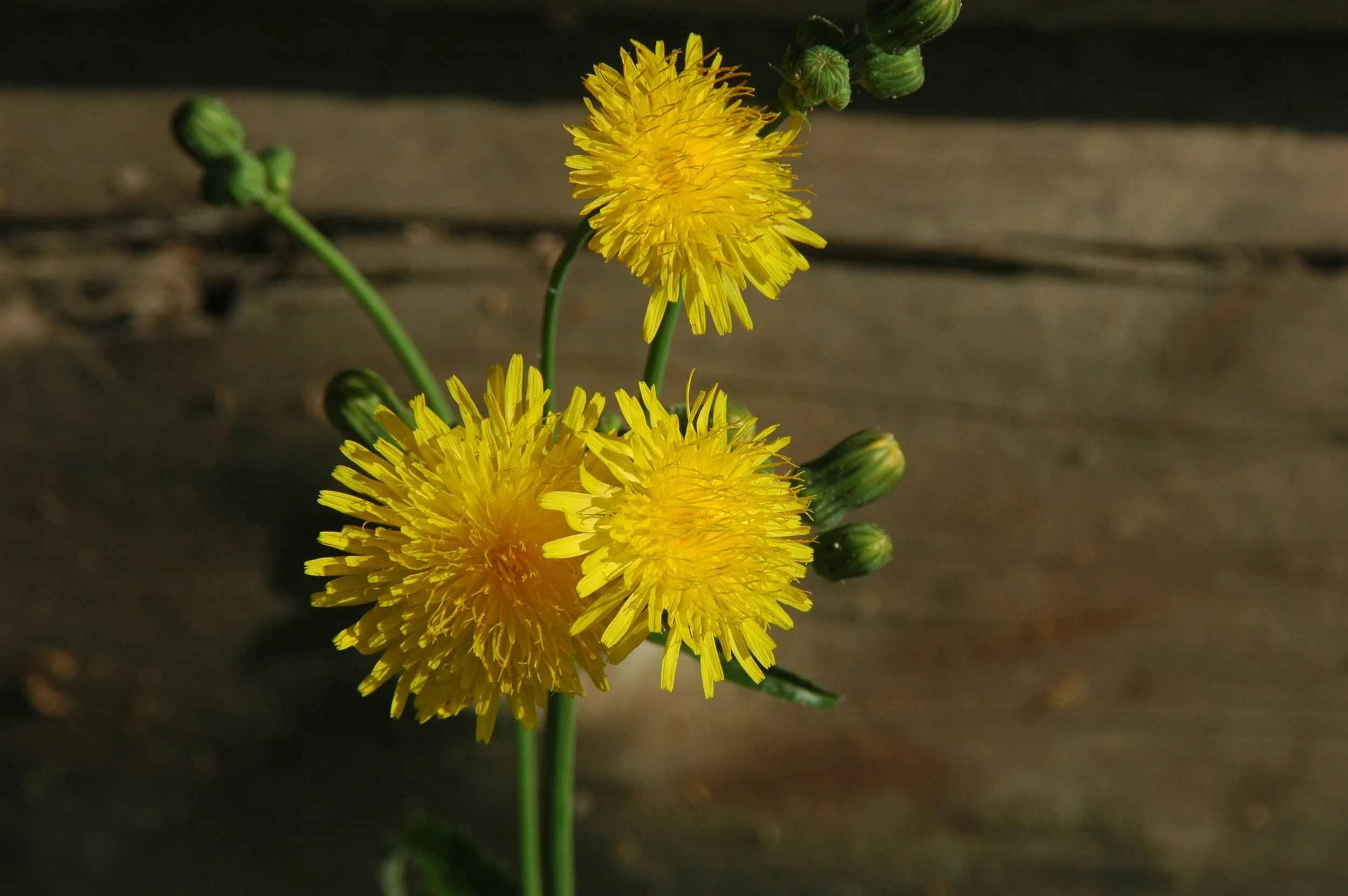Raindrops On Roses, And Whiskers On Kittens
These Are A Few Of My Favorite Things.. How Can We Savor Them More?
At the beginning of each year, kind of like a New Year’s resolution, I choose a quality that I want to focus on and deepen. This year I chose the word savor. I am conscious of the fact that my youngest daughter will be headed off to college in the fall, and this is her last semester at home full-time. I am in a bit of a transition period knowing that come September we’ll be empty nesters, and not wanting to make any giant changes, I feel I’m in a bit of a holding pattern. And yet I recognize that while “holding” I still have the opportunity to really tune into and appreciate what is in front of me every day rather than wait it out for the next big thing.
I remember before our wedding day, someone gave us some important advice that because the day will go by so quickly and you may never again bring so many people together from different parts of your life, at some point she should both walk off to the side and just stop and really take it all in. We did that pause several times that day, and I forever have those memories seared in my brain. Merriam-Webster states:
Savoring is the use of thoughts & actions to increase the intensity, duration, & appreciation of positive experiences & emotions.
I’d like to be able to access this more frequently, not having it reserved for special occasions, difficult to get to vacations, or fancy meals when I know each bite costs a lot of money.
Doing some digging, I was pleased to find research on this topic, and I offer you a few definitions.
There are three kinds of savoring:
Savoring the past, also known as reminiscing. For example, remembering funny moments from my childhood with my brother.
Savoring the present or being in the moment. For instance, pausing during my wedding or an amazing meal to really notice it.
Savoring the future, also referred to as anticipation. For example, visualizing the summer getaway you have planned with your besties. (Bonus information- researchers in the Netherlands learned that the effect of vacation anticipation boosted happiness for eight weeks, while after vacation, happiness quickly dropped back to baseline levels for most people-- so TO get the best bang for your buck, get the vacation on your calendar).
In the book, Savoring: A New Model of Positive Experience, Fred B. Bryant and Joseph Veroff distinguish ten savoring strategies for modulating positive emotions during positive events:
Sharing with others (including other people in positive experiences)
Memory building (take a mental picture)
Self-congratulation (relish achievements)
Sensory-perceptual sharpening (notice each of your senses while experiencing something)
Comparing (in service of noticing what is special about this experience)
Absorption (similar to flow-- noticing your absorption in an experience)
Behavioral expression (amplifying your feelings by laughing, shouting, clapping during an experience)
Temporal awareness (bring awareness that this experience will end)
Counting blessings (gratitude for the experience)
Avoiding kill-joy thinking (not letting imperfections get in the way of an otherwise good experience)
What has me excited about this journey to savor more is that by teasing out what it really means, there are more strategies I can use to deepen my experiences. I can see there are ways that I already employ good savoring strategies (I’m an expert AT planning vacations and events to look forward to), and others that need more attention (I tend to gloss over my accomplishments and don’t pause enough to really take them in). What about you? I would love to hear what resonated for you.
Great Link
While I hadn't really thought of it this way before, "My Favorite Things" is really a song about what Maria savors in life! (2:48)
Reflection Exercise: Moving from Theory to Action
To support you cultivating the quality of savoring:
Typically, I ask several reflection questions for further inquiry, but in the case of Savoring, I thought it might be helpful to use this time experiencing rather than thinking our way in to savoring.
The Raisin Exercise: Find a time when you are open to being completely present for five minutes. Have a raisin or two, or a berry or small piece of chocolate.
Follow this guided meditation, Mindful Eating: The Raisin Exercise
Afterward, journal:
What did you take away from this exercise?
How might you want to bring more mindful moments to savor into your day?
Quarterly Quote
What’s the point of saving time if we don’t use it to savor what makes life worth living?
-Christopher Peterson
Book Review
Savor: Mindful Eating, Mindful Life
By: Thich Nhat Hanh and Lilian Cheung
When we hear the word savor, we often think about savoring food. This is why I wanted to read this book. Like many people, there is room for improvement in my relationship with food, and I sometimes wonder why it is that when I’m at an expensive restaurant, I pause, look, and really enjoy each morsel, and wouldn’t it be wonderful if I could bring just a bit more attention to my daily lunch in the middle of the day? Lilian Cheung, a nutritionist at Harvard, brings the scientific perspective to healthier eating, and Thich Nhat Hanh, a Buddhist Zen Master, invites us to work with underlying habits, fears and emotions, through mindfulness. It’s a holistic plan that invites changes in eating, in moving and in breathing (awareness), toward greater well-being inside and out.




